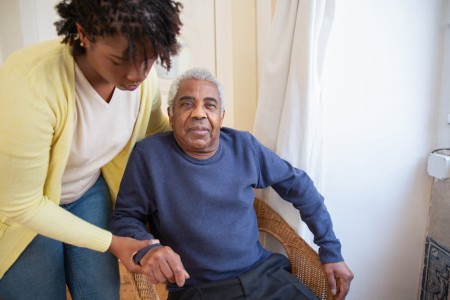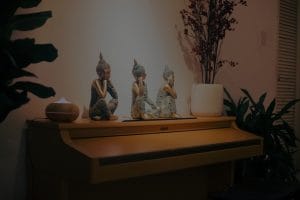**Abstract:**
Discover how to enhance your emotional well-being by strategically using Feng Shui symbols in your home. This article explores practical applications that promote harmony and positive energy.
Understanding Feng Shui and Emotional Well-Being
Feng Shui is an ancient Chinese practice that focuses on creating harmony between individuals and their environment. By strategically placing symbols and objects in your home, you can influence the flow of energy, known as ‘Chi.’ This flow directly impacts your emotional state, affecting everything from stress levels to overall happiness. In Western countries, the growing interest in Feng Shui reflects a deep desire for balance and tranquility in our often chaotic lives.
The Power of Symbols in Feng Shui
Symbols play a crucial role in Feng Shui, acting as conduits for energy. Each symbol carries its unique meaning and can evoke specific emotions. For instance, the dragon symbolizes strength and protection, while the lotus flower represents purity and spiritual awakening. By incorporating these symbols into your home decor, you can create an environment that nurtures your emotional well-being. Understanding the meanings behind these symbols allows you to select those that resonate with your personal journey and aspirations.
Creating a Harmonious Living Space
To effectively use Feng Shui symbols, begin by assessing your living space. Identify areas that feel cluttered or stagnant, as these can negatively impact your emotional health. Incorporating symbols in these spaces can help to redirect energy. For example, placing a small water fountain in a corner can promote calmness and relaxation. Similarly, hanging a mirror can reflect light and energy, making a space feel more open and inviting. The key is to create a flow that supports your emotional needs, transforming your home into a sanctuary.
Color and Its Emotional Impact
Color is another vital aspect of Feng Shui that influences emotional well-being. Each color evokes different feelings and can be paired with symbols to amplify their effects. For example, using calming blues and greens alongside water symbols can enhance tranquility in a bedroom. In contrast, vibrant reds and yellows can energize a workspace. By choosing colors thoughtfully, you can create an environment that not only looks appealing but also supports your emotional state.
Integrating Nature for Balance
Bringing nature indoors is a powerful way to enhance emotional well-being through Feng Shui. Plants are considered symbols of growth and vitality, and they help purify the air while adding a refreshing element to your home. Incorporating plants like peace lilies or bamboo can create a soothing atmosphere. Additionally, using natural materials in your decor—such as wood or stone—can ground your space and promote a sense of stability. This connection to nature can significantly reduce stress and elevate your mood.
Personalizing Your Feng Shui Journey
Ultimately, the most effective way to use Feng Shui symbols for emotional well-being is to personalize your approach. Reflect on what aspects of your life you wish to enhance—be it love, success, or health. Select symbols that resonate with these desires and integrate them into your home. This process not only fosters a deeper connection with your environment but also empowers you to take charge of your emotional health. Remember, Feng Shui is not a one-size-fits-all solution; it’s about creating a space that reflects your unique journey.
In conclusion, using Feng Shui symbols in your home is a powerful way to enhance emotional well-being. By understanding the significance of these symbols, creating a harmonious living space, and personalizing your approach, you can cultivate an environment that promotes balance, tranquility, and happiness. Embrace the transformative power of Feng Shui and watch as your emotional landscape flourishes.










